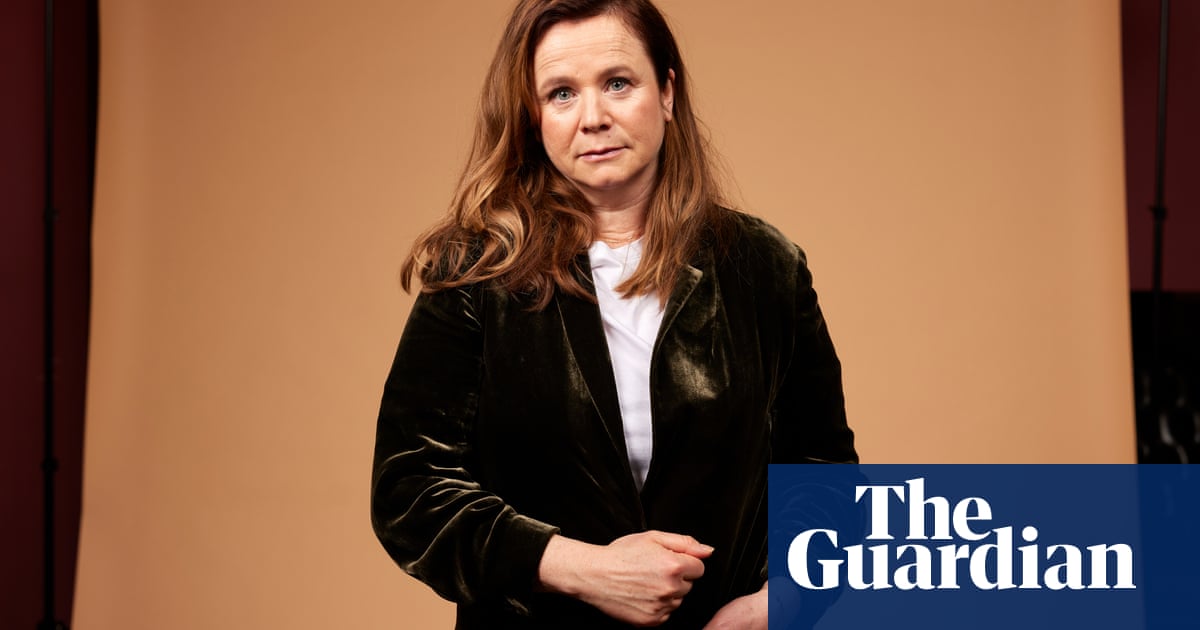
Stricter guidelines for sex scenes and nudity in 12 and 12A films have been introduced amid growing public concern about explicit content – but rules on trailers have been relaxed and they can now include the F-word.
In the first major audience research by the British Board of Film Classification (BBFC) for five years, sexual violence remained the biggest area of concern.
After surveying 12,000 people, the BBFC found that public opinion had shifted on sex, nudity, violence and drug use on screen, with respondents calling for a more cautious approach to sex scenes that could feature in 12/12A films.
The survey showed viewers 28 trailers, 151 clips and 33 films – including the James Bond film Goldfinger – in order to gauge “public sensitivity”.
The BBFC’s president, Natasha Kaplinsky, said there had been no “seismic shift” since the last research in 2019, although there were some significant changes.
While depictions of sex and nudity caused concern, respondents took a more liberal view of some drug use, such as of cannabis “so long as it is not detailed, glamorised or frequent”.
The BBFC said it would therefore take a less restrictive approach to such content, with Kaplinsky telling the BBC that the recent Bob Marley biopic One Love received a 12A rather than 15 rating despite it depicting drug use.
She said: “The public have told us there is an easing, a greater tolerance of dope, and the message of One Love is essentially about peace. Marijuana is completely essential to the Rastafarian religion so it felt important to give that a 12A rather than a 15.”
Rules around trailers are also being relaxed with swear words, including one use of the word “fuck” now acceptable in trailers that play before 12A films, as long as it is not used “aggressively”.
Kaplinsky said the organisation had to adapt to an “ever-evolving world”. She said: “Since we last asked people across the country what they thought about our standards, society has changed and opinions have followed – it’s fascinating how this vast body of new research reflects this.”
An area of concern for respondents was the use of bad language, with terms such as “son of a bitch”, “bitch”, “dick” and others with sexual or misogynistic connotations highlighted by viewers as problematic. Such language may now require a higher age rating.
The BBFC added that while people were broadly in favour of how violence was classified, “audiences expressed concerns about how distressing or disturbing some forms of violence can be”, meaning a higher rating may be required for violence across all age ratings.
The BBFC chief executive, David Austin, said: “We have to reflect changes in society to be trusted. I’ve been asked are we still relevant today? And the answer is yes, more than ever. People want that trusted guide with content coming at them from all directions.”
When the guidelines were last tweaked, in 2019, the BBFC adopted a stricter position on the use of racist language in programmes, such as the N-word, saying “attitudes had shifted” towards offensive behaviour or language.
The standards are updated every four to five years and are often described as a barometer of public opinion. The contemporary guidelines are used to reclassify older films, essentially meaning productions that might have been shot 60 years ago are judged by modern standards.
When Mary Poppins came in for reclassification on the 60th anniversary of its release, its rating was raised to PG due to discriminatory language.
At the launch event for the standards, Kaplinsky said she expected future similar decisions to “create headlines”. Austin added he thought critical coverage was motivated by newspapers wanting to engage in the “culture wars at the expense of a venerable and trusted institution”.
He said: “Why not have a go at the BBFC? It’ll be someone else next week.”












